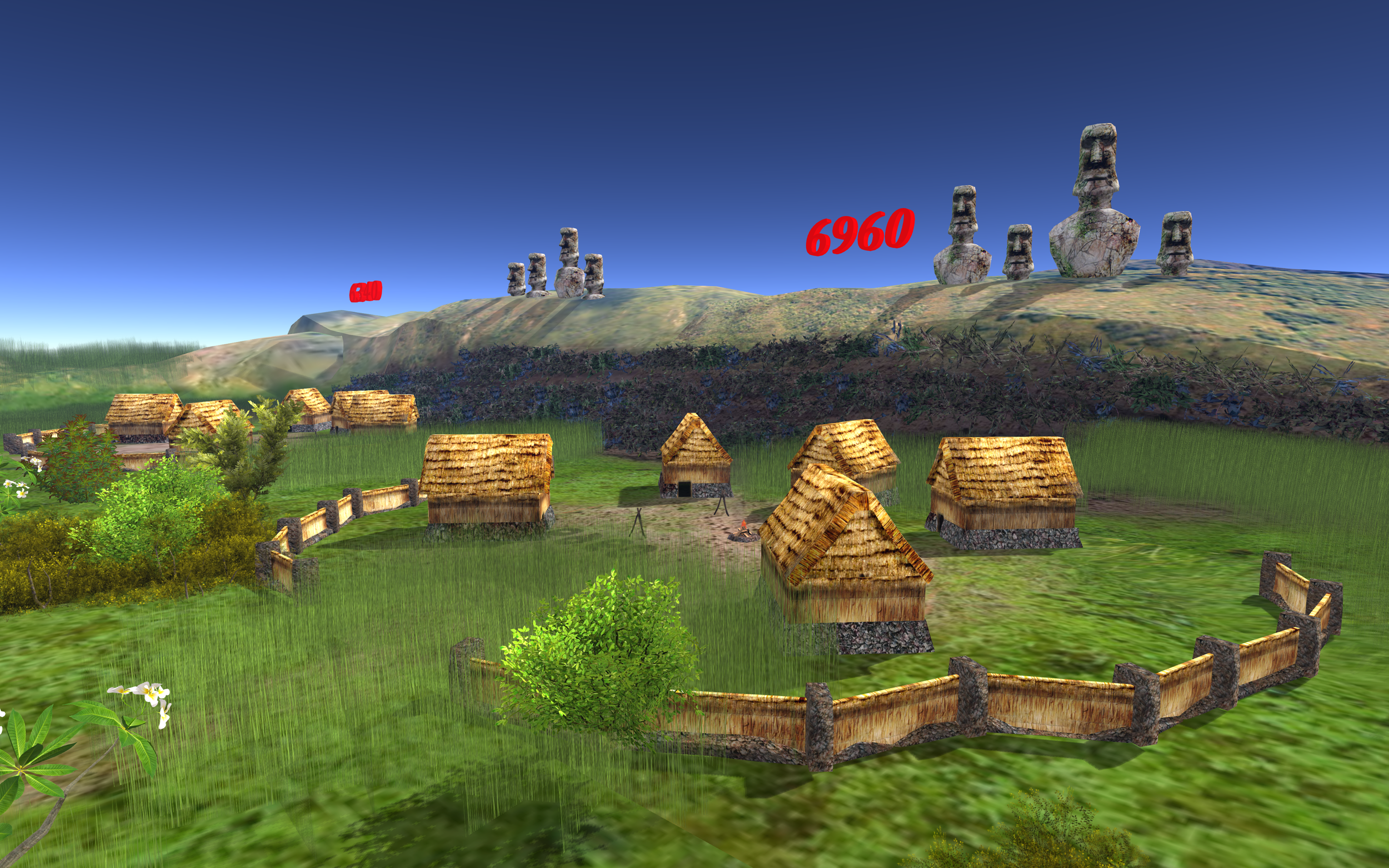
Environmental Science
How can the student experience be enhanced when resources are tight?
Overview.
Objective:
Enhance the student experience without significantly increasing the resource burden on both students and the department.
Client:
Dr. William Landing, Professor of Oceanography, Department of Earth, Ocean, and Atmospheric Science, Florida State University.
Summary:
Students apply scientific methodologies in the metaverse, exploring places they would not have the opportunity to visit as part of a traditional course.
Outcome:
Student satisfaction improved, and enrollment increased by 50% compared to the previous year.
Dr. William Landing hoped metaverse learning might be an effective way of teaching core Environmental Science concepts outside of traditional classes and lectures. He hoped that by taking his students on “virtual field trips,” he could enable them to apply what they had learned in his classes to real-world scenarios in an exciting and engaging way. These real-world scenarios would be impossible without significantly increasing the resource burden on both the students and the department.


Process.
Working with Dr. William Landing, we devised and built a laboratory series consisting of eight modules taught within four metaverse worlds.
Students travel back in time to Easter Island with the mission of discovering what caused the collapse of the Rapa Nui culture. They monitor invasive species by SCUBA diving on the Great Barrier Reef, and analyze the Earth’s climate change by drilling ice cores in the Antarctic. The last environment is closer to home: a suburban housing development in which students learn about the design, construction, and maintenance of sustainable buildings.
“As an educator, metaverse learning is fantastic. In the Environmental Science lab, we have them SCUBA diving on the Great Barrier Reef — we could never do that — and I do it too! I’m in the environment with the students, and our TAs are in there, interacting too.”
— Dr. William M. Landing, Professor of Oceanography, Department of Earth, Ocean, and Atmospheric Science, Florida State University

Available Modules.
Results.
Outcome.
Dr. Landing reports that his students have taken very well to metaverse learning. He presents the course material in a far more engaging way without forfeiting the educational standards required of a core science class. The course is currently offered year-round and attracts approximately 750 new students annually.

